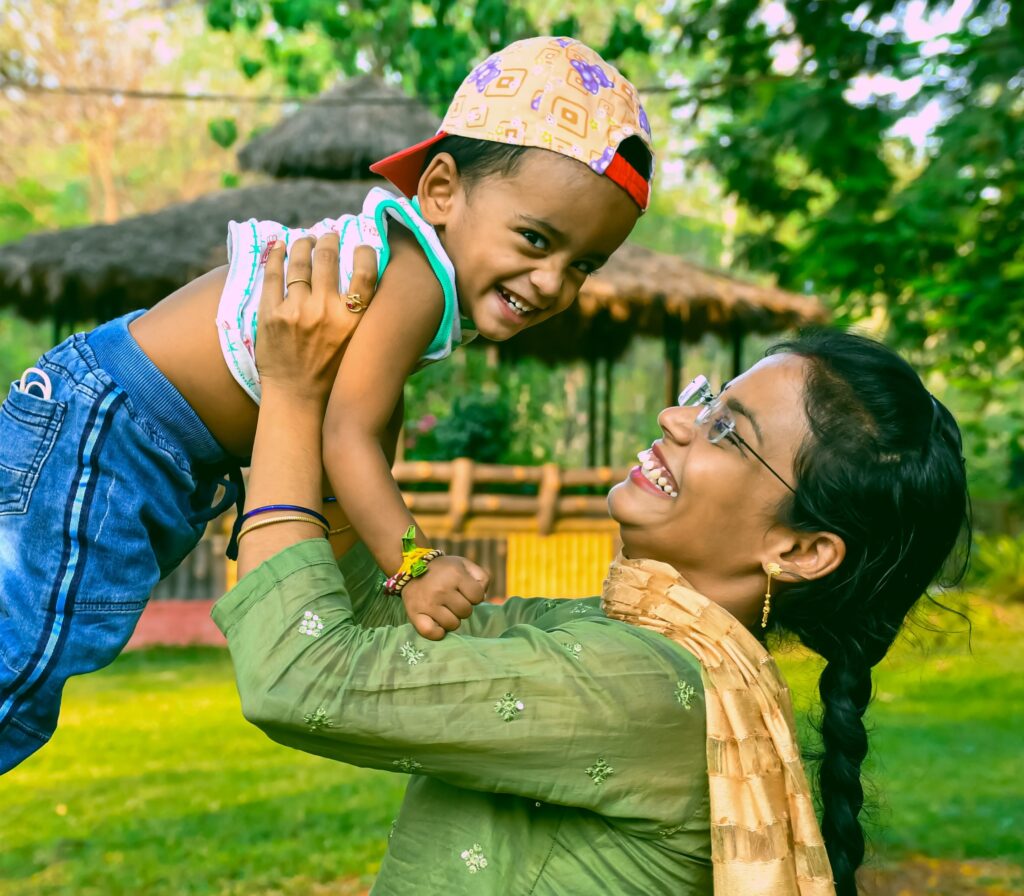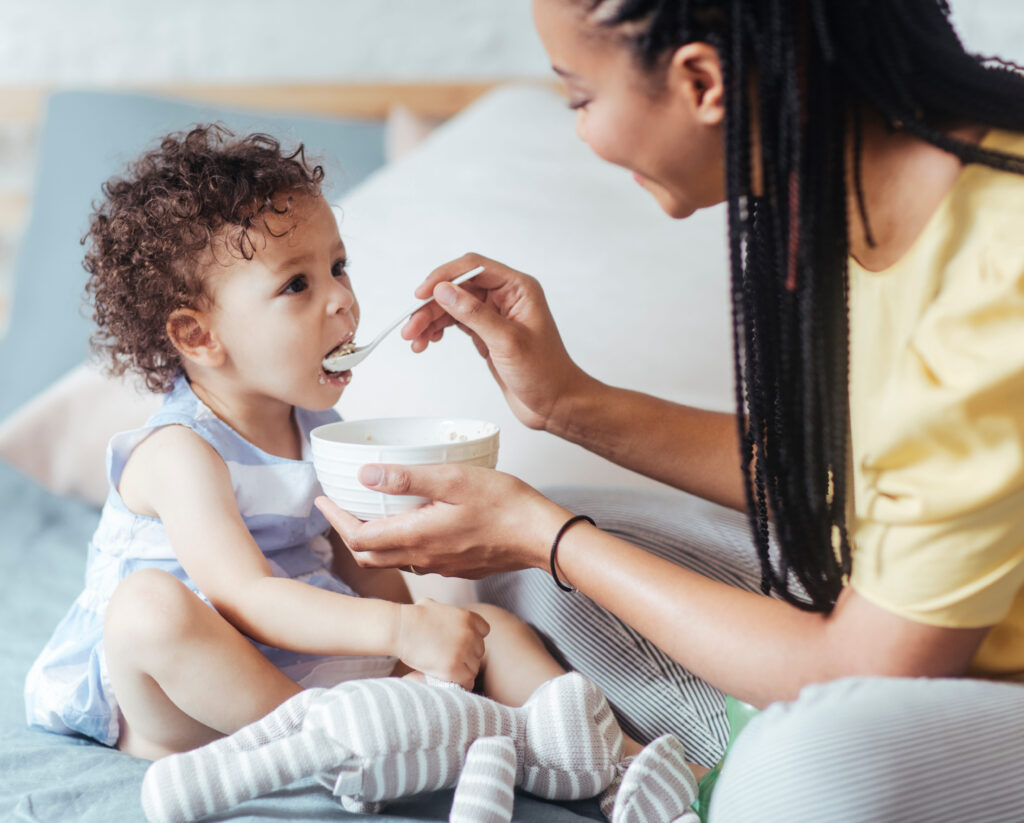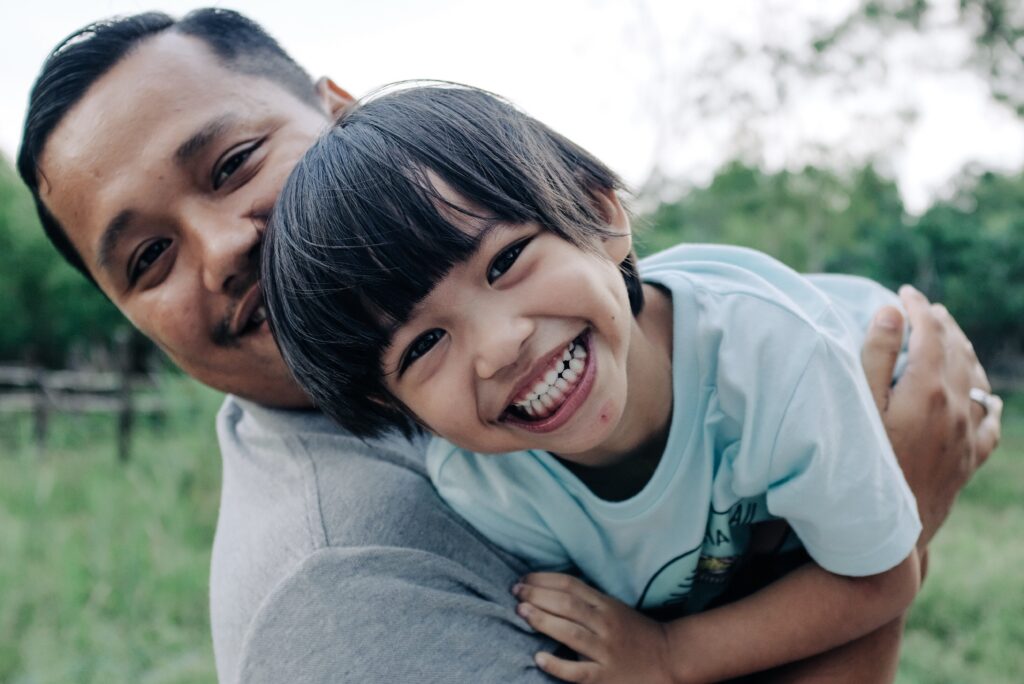The relationships children build in the first three years of life lay the foundation for healthy development, including the building of strong brains, which supports their well-being, learning, and behavior into adulthood. A positive emotional connection with their parents and caregivers creates the necessary footing for young children to optimally learn about and engage in the world around them and to cultivate relationships throughout their lifetime.
Moreover, Early Relational Health benefits the parents’ and caregivers’ sense of competence, connection, and overall well-being. Adults also find joy and delight in moments of mutual connection. The two-way nature of early relationships affects two-generational health and well-being, both in the moment and for the long term. The enduring relationships that Early Relational Health yields also help protect the family from the harmful effects of stress.





